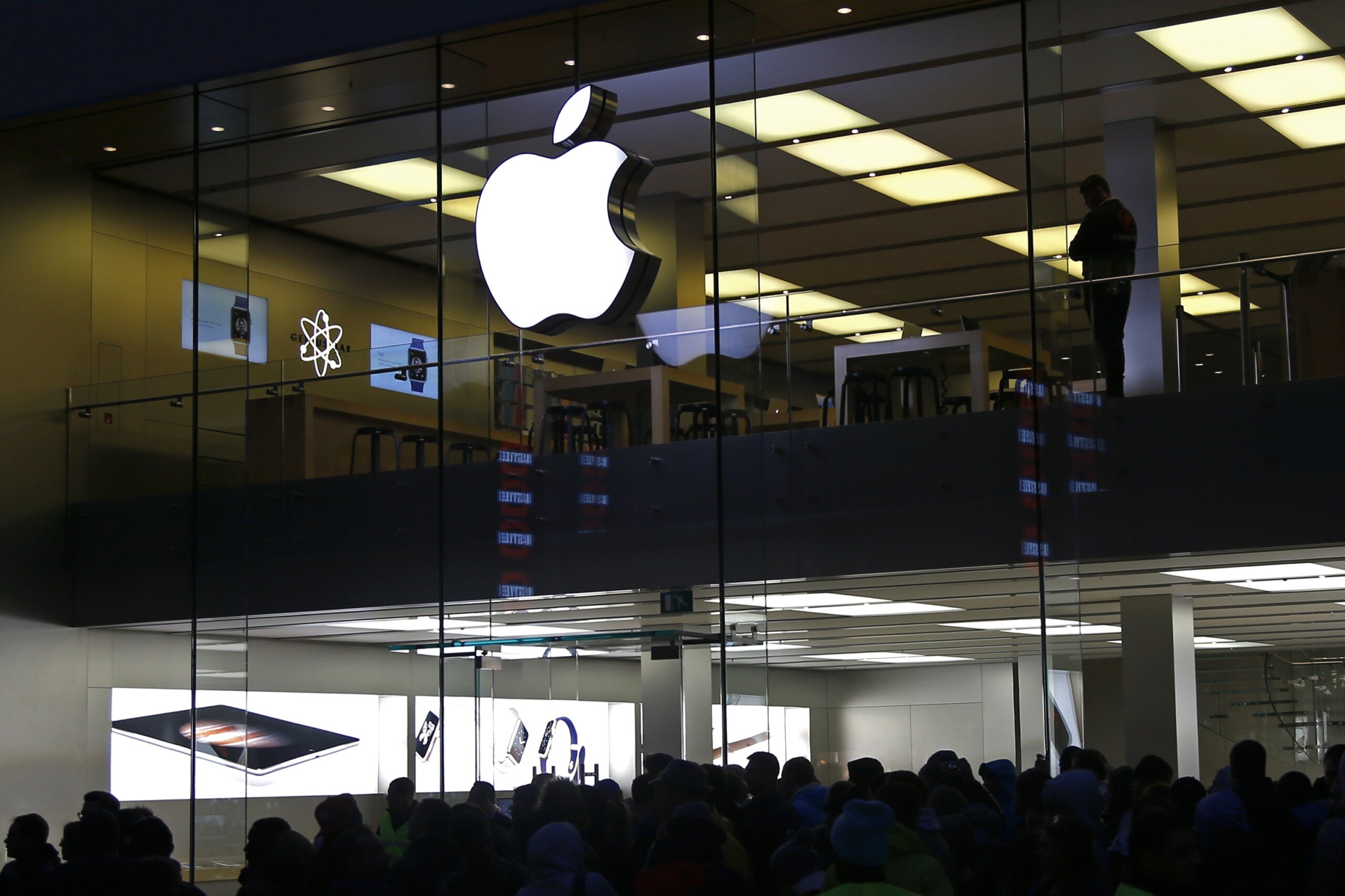NFL
How much is the NFL followed in Europe?

Image: Unsplash
When most Americans think of the NFL, they think of athleticism, strategy, and entertainment. That’s what has made it the most popular sport in the country, with millions tuning in to watch their favorite teams play. Sunday night football is the highlight of the week for the many who gather around TVs and at stadiums to watch the action on the gridiron unfold. For years, this has been a uniquely American experience; however, the NFL has plans to change this.
The NFL has steadily gained popularity around the world, especially in Europe. This growth isn’t by accident; the NFL has sought to expand into international markets and has done so through the introduction of the International Series, where regular season games have been played in London and, more recently, Germany. Given this new attention to the league overseas, many are wondering just how popular the NFL is in Europe. In this article, we seek to answer that question.
A brief history of the NFL in Europe
The first time the NFL made a serious attempt to enter the European market was back in the 1990s with the creation of NFL Europe. The idea behind this league was to promote interest in American football outside the United States. The NFL Europe had a good run from 1991 to 2007, serving as a developmental league for players while introducing the game to a new audience. Many credit it with establishing a fanbase across the continent, where teams like Frankfurt Galaxy and Rhein Fire amassed loyal followings.
This league laid the groundwork for the NFL to continue expanding its presence in Europe by creating a network of fans and broadcasters who supported American football. Although the league eventually closed up shop, its impact can still be seen today, especially in Germany, a country that continues to have a dedicated fanbase. During this time period, NFL games became more accessible on European television, helping to attract new fans to the league.
The NFL in Europe today
Just as the NFL’s popularity is off the charts in the US, it’s surging in Europe. While it can’t be compared to the popularity of soccer, it’s making inroads. As sports betting has become more popular in both the US and Europe, more and more fans are placing wagers on the outcomes of NFL games. Websites like Oddschecker aggregate the best odds from various sports books, making it easy for fans to find and compare betting options. NFL enthusiasts can check the odds here for the 8 games that take place on Sunday, the 8th, so they can make an informed decision before placing a bet. Some will surely be studying the odds for this season’s European games.
When it comes to the NFL in Europe, the UK is the most established European market. London hosts multiple NFL games each year as part of the International Series. Fans know they have to get their tickets quickly because these games often sell out. Seeing the stands filled at Wembley and Tottenham Hotspur Stadium shows just how popular American football has become. The NFL isn’t limiting its growth to the UK; it’s also expanding to other parts of Europe. Given Germany’s enthusiasm for the sport, it isn’t surprising that the league has hosted games at Allianz Arena in Munich and Deutsche Bank Park in Frankfurt, with more planned in the future. The league also has its sights set on Spain, where a regular season game will be played at Santiago Bernabéu Stadium in Madrid in 2025.
Cultural and market challenges
While the NFL’s popularity is growing in Europe, it’s not all smooth sailing. One of the biggest obstacles to the NFL is the dominance of soccer on the continent. Soccer’s unparalleled popularity and cultural appeal have limited the NFL’s ability to compete. Another problem is the difference in time zones, which makes it hard for Europeans to watch games live. Most NFL games are played in the evening in the US, which is late-night or early morning in Europe. There’s also no American football tradition in Europe, and many aren’t familiar with the game. The NFL’s lack of infrastructure and fan culture in Europe has made it harder for the sport to gain widespread acceptance.










